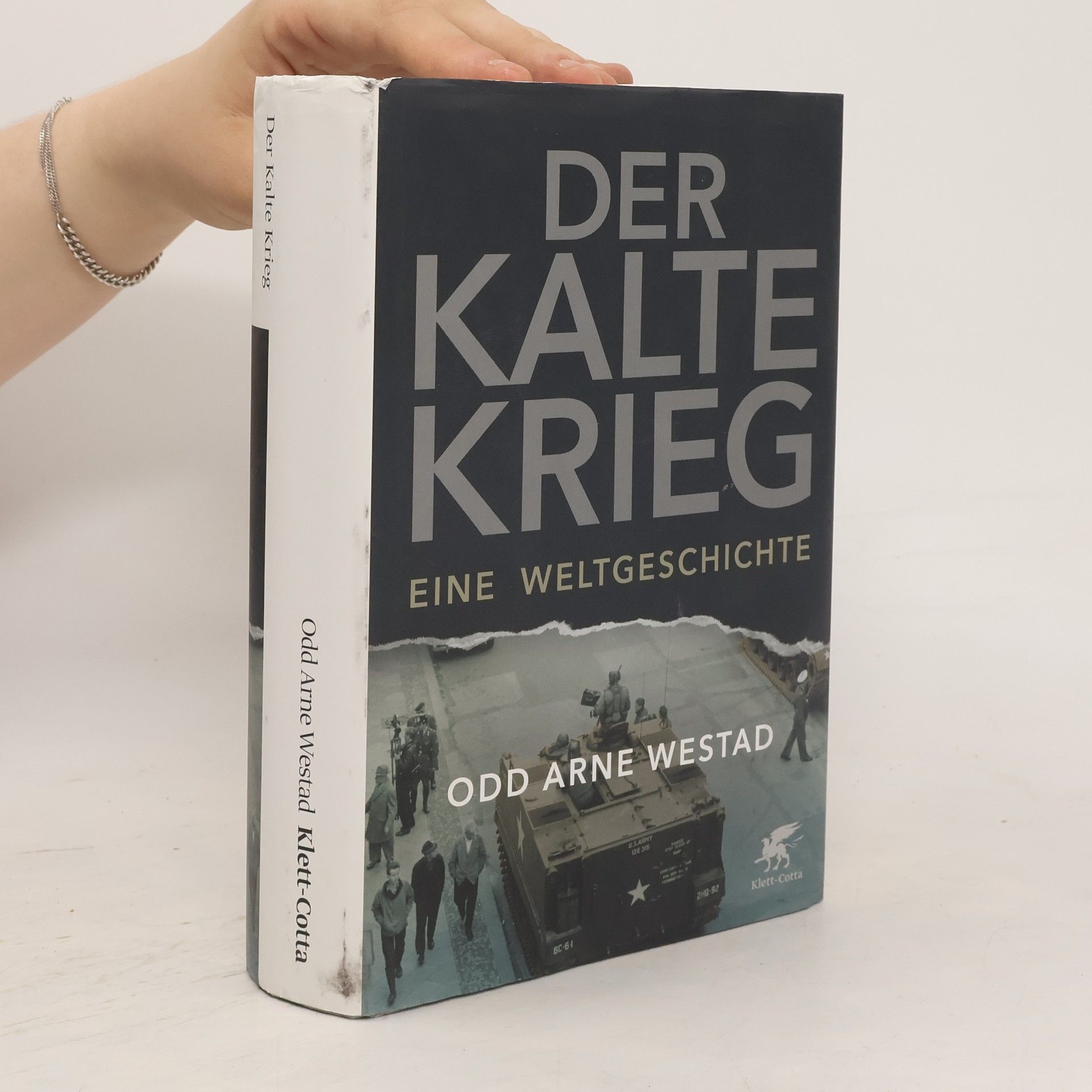The Cold War
- 720pagine
- 26 ore di lettura
The definitive history of the Cold War and its ongoing impact around the world The Cold War began on the perimeters of Europe, but it had its deepest reverberations in Asia, Africa, and the Middle East, where every community had to choose sides. Those choices continue to define economies and regimes across the world. Stunning in breadth and revelatory in perspective, The Cold War, by prize-winning scholar Odd Arne Westad, expands our understanding of the conflict both geographically and chronologically, and offers a new understanding of how today's world was created. "An epic account." --Wall Street Journal "An account of the Cold War that is truly global in its scope... a wise and observant history." --New Republic "An ambitious study, perspicacious and panoramic in scope." --Financial Times, Best Books of 2017


